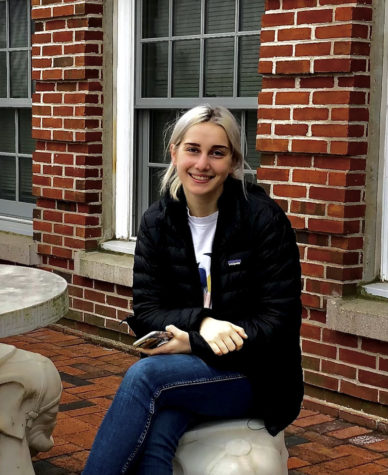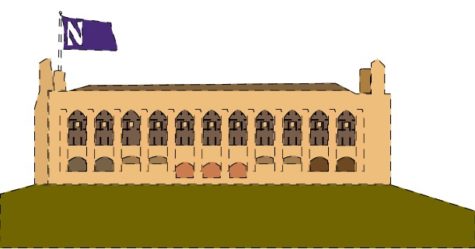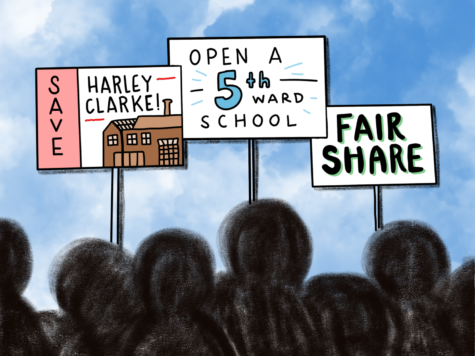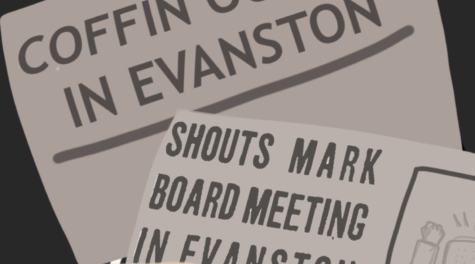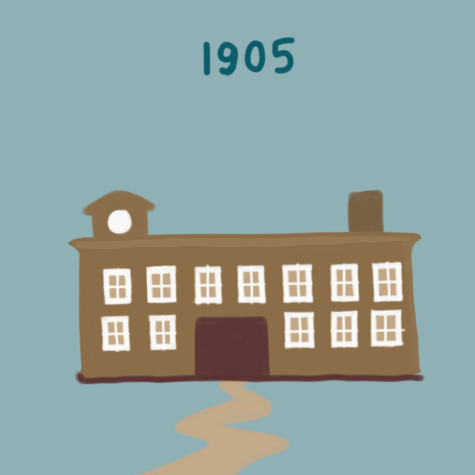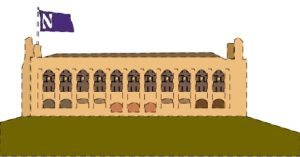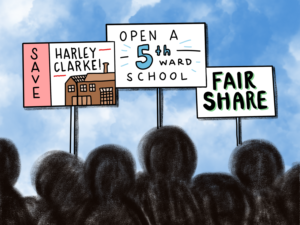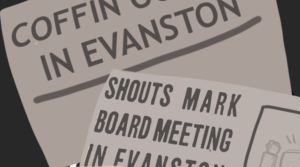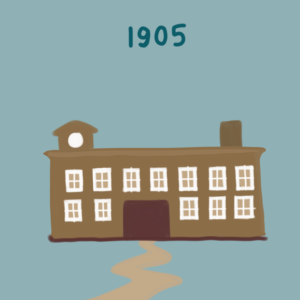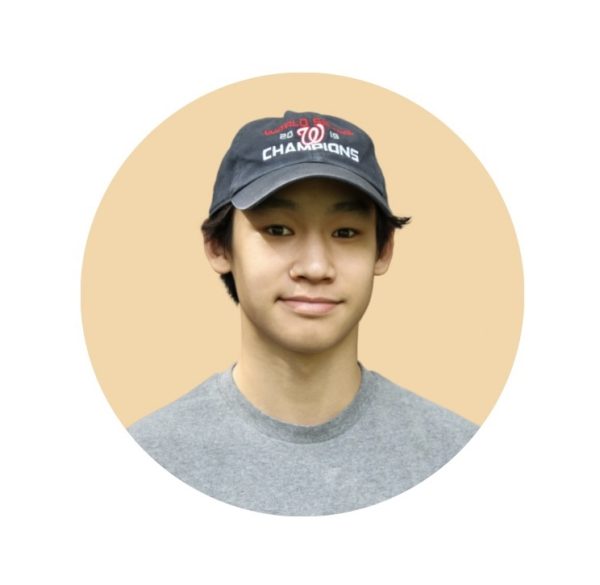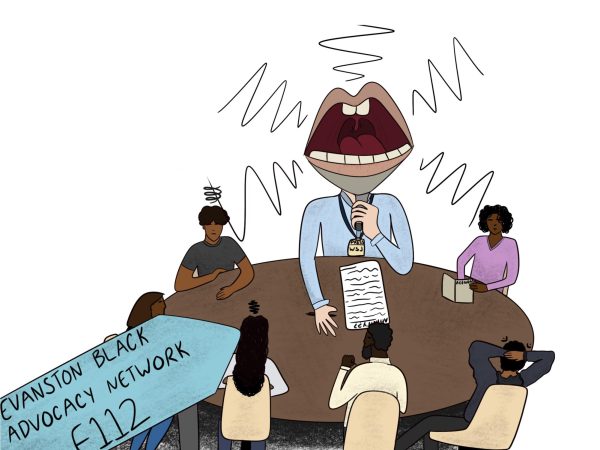Letter from the Editors | A reflection on Evanston’s past to inform the present
For our January issue, The Evanstonian decided to stray from our normal format and look more closely at the various points of intersection related to education in Evanston history. Over the course of the last three months, the two Advanced Journalism classes at ETHS have diligently researched this topic, dividing it into five sections that critically look at the ways in which education has affected the ETHS and Evanston community over the past 139 years. With that said, we would like to provide a brief overview of our sections prior to your reading of them. Our first section focuses on the founding of Northwestern University and the influence it has had on the Evanston community. Our second section focuses on the shifts in political behaviors of Evanston residents, from mid-20th century “realignment” to protests and mobilization. Our third section looks critically at the integration process that took place in the mid-20th century and the ways in which it has shaped current educational policies. The fourth section was written to honor Foster School, the only elementary school that has existed in the Fifth Ward of Evanston and which was converted to a laboratory school in 1967. The fifth and final section looks at the opportunity gap present at ETHS, honing in on efforts to detrack ETHS courses throughout the last 20 years.
We want to take you, our readers, through what we believe is a fascinating and incredibly valuable history. Through this process our staff has had the opportunity to discover the nuances that exist in Evanston history and contextualize how this history has shaped a school district that strives for excellence and change. Additionally, as ETHS students we find value in understanding and learning about the past inequities of our community and the ways in which Evanston has been at the forefront of major social movements. Like any other part of history, there are both problematic and uncomfortable truths, but ones that must be acknowledged in a quest to better ourselves and our community. As you read, we hope that you feel inspired to discuss Evanston’s history and use it to inform your actions and beliefs.
Additionally, we want to acknowledge that there is far more to Evanston history than what we have covered in this issue. To gain a more comprehensive understanding of Evanston’s history, we encourage you to utilize Evanston’s resources, such as the Evanston Public Library, the Evanston History Center and Shorefront Legacy Center.
Lastly, we want to thank the countless individuals and organizations that have supported us in this project, from the Evanston History Center, Shorefront Legacy Center and the Evanston Public Library to our many interviewees who so graciously agreed to share their knowledge and experiences with us. We hope you find meaning in these pages and we appreciate your willingness to go through this journey with us.
Your donation will support the student journalists of the Evanstonian. We are planning a big trip to the Journalism Educators Association conference in Philadelphia in November 2023, and any support will go towards making that trip a reality. Contributions will appear as a charge from SNOSite. Donations are NOT tax-deductible.
